The integration of Artificial Intelligence (AI) into the fashion industry is poised to transform various aspects of the business, including the role of fashion models. As technology advances, AI is becoming a powerful tool that influences how models are discovered, engaged, and even how fashion brands conceptualize their campaigns. Here are several ways AI is impacting the world of fashion models:
Virtual Models and Avatars
AI is enabling the creation of virtual models and avatars that can be tailored to fit specific brand aesthetics. These digital entities can be used for campaigns, eliminating the need for traditional models. This shift opens up new possibilities for creativity and customization in fashion advertising.
Data-Driven Model Selection
AI algorithms can analyze vast amounts of data related to consumer preferences, demographics, and social media engagement. This data-driven approach helps brands select models based on factors that resonate with their target audience, enhancing the effectiveness of marketing campaigns.
Body Positivity and Diversity
AI has the potential to promote body positivity and diversity in the fashion industry. By analyzing and promoting inclusivity in model selection, AI can contribute to breaking traditional beauty standards and encouraging a more diverse representation of body types, ethnicities, and genders.
Virtual Try-On Experiences
AI-powered virtual try-on experiences are becoming more prevalent. Consumers can virtually “try on” clothing items through apps or websites, featuring digital models that showcase how the garments look on different body types. This not only enhances the online shopping experience but also reduces the reliance on traditional models for product displays.
Personalized Fashion Shows
AI algorithms can curate personalized fashion shows for consumers based on their preferences, previous purchases, and style choices. Virtual models can showcase clothing items in a way that resonates specifically with individual consumers, providing a more tailored and engaging experience.
Enhanced Fashion Photography
AI is revolutionizing fashion photography by automating and enhancing the editing process. Automated retouching tools can streamline post-production, ensuring that images meet industry standards efficiently. This may impact the demand for models with specific physical attributes, as AI can adjust and enhance visuals in post-production.
Algorithmic Casting
Casting decisions for fashion shows and campaigns can benefit from AI algorithms that analyze a brand’s aesthetic, target audience, and market trends. This algorithmic approach can optimize model selection, ensuring a cohesive and visually appealing representation of the brand.
Predictive Analytics for Model Success
AI tools can predict the potential success of models based on various factors, including social media engagement, audience reach, and market trends. This data-driven approach may influence how agencies and brands identify and invest in models with a higher likelihood of success.
AI-Generated Fashion Designs
As AI becomes more involved in the design process, there is potential for AI-generated fashion designs to influence the modeling landscape. Virtual models could be created specifically to showcase avant-garde or unconventional designs that push the boundaries of traditional fashion.
Real-Time Analytics on the Runway
During fashion shows, AI can provide real-time analytics on audience reactions, social media engagement, and other metrics. This data can be used to inform future casting decisions and tailor marketing strategies based on the immediate response to models on the runway.
In conclusion, the impact of AI on fashion models is multifaceted, ranging from the creation of virtual models to data-driven casting decisions. As the industry embraces technological advancements, the role of traditional fashion models may evolve, giving rise to new possibilities and redefining standards of beauty and representation.
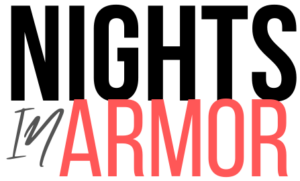
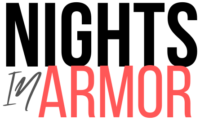
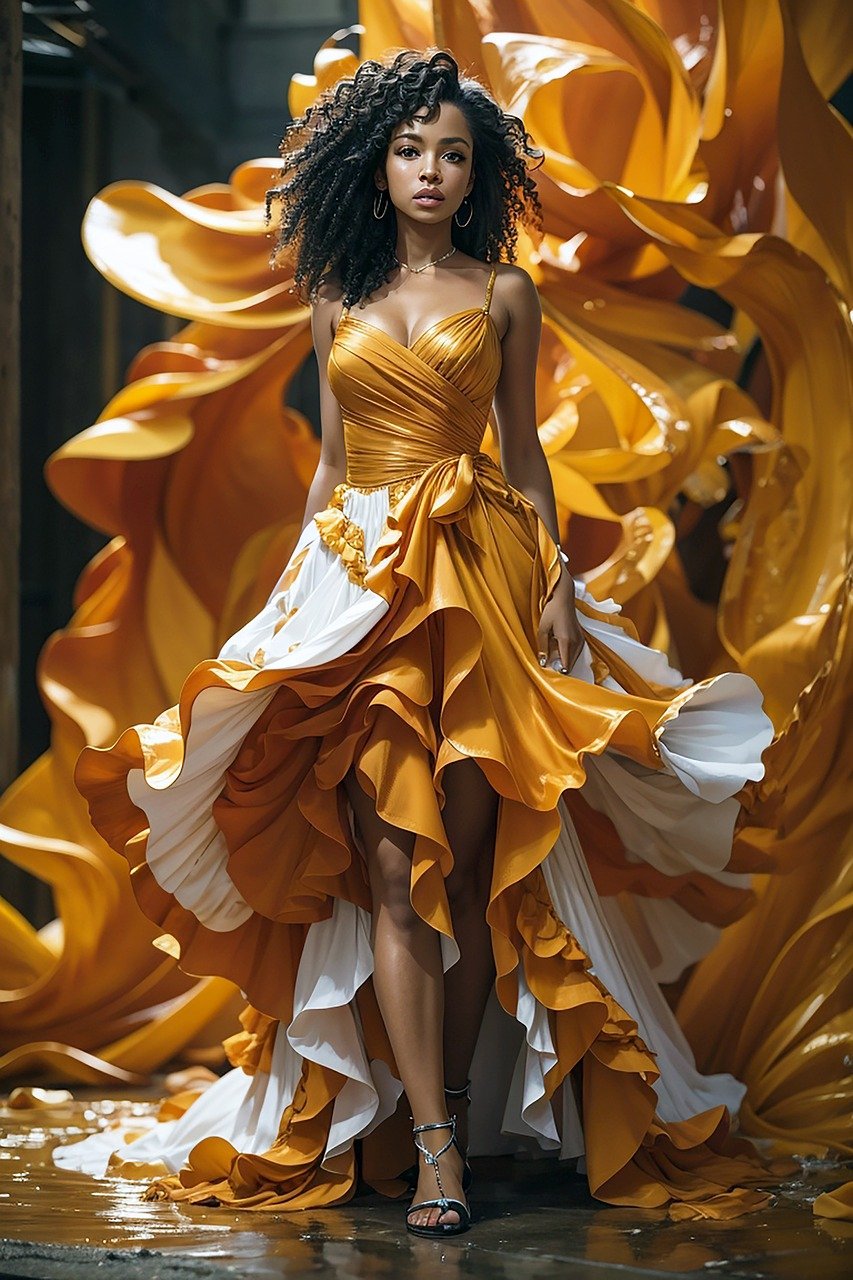
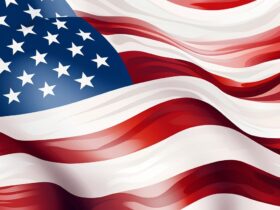

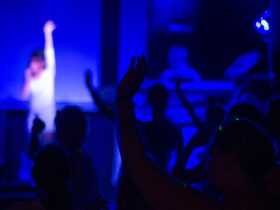

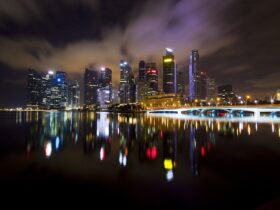


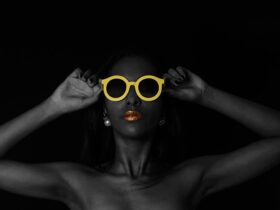
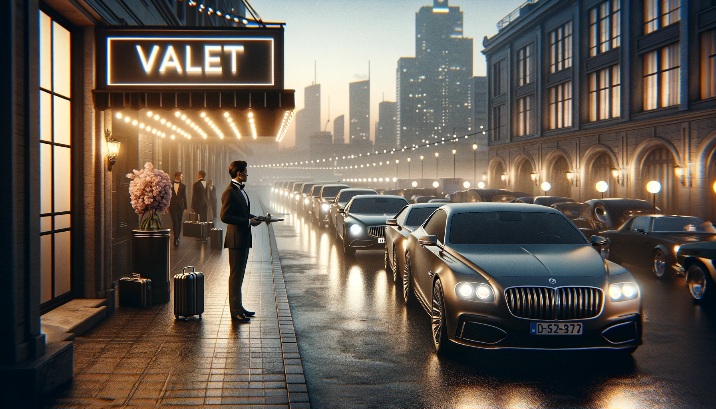

Live at the intersection of Nightlife & Fashion. Explore the night with us in 2024.